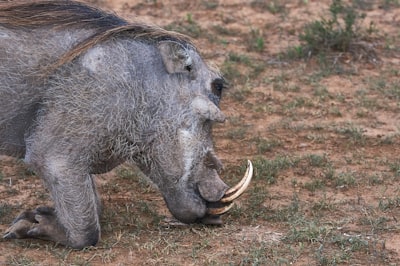The Carnivore’s Paradox: Can We Satisfy Our Hunger Without Devouring the Planet?
Imagine a banquet stretching across continents, where billions gather daily to share one colossal feast. The main course? Meat, delivered from every corner—chicken from Brazil, beef from America, pork from China, shrimp and fish from Southeast Asia. The butcher’s bill for this banquet is rarely tallied in dollars alone; it’s etched into landscapes, rivers, and even the air we breathe.
Here’s the twist: In 1825, the novelist Jean Anthelme Brillat-Savarin famously wrote, “Tell me what you eat, and I will tell you what you are.” But what if your menu also tells the story of someone half a world away—perhaps a Thai farmer watching his land erode or a rural community losing its water to shrimp ponds?
There’s a hidden map beneath our grocery stores: global trade routes that bind supermarket shelves to distant paddies and pastures. Few realize that their burger might rely on soybeans grown on cleared forests in Brazil, destined for Thai chicken farms, raised for export to kitchens in Europe or Singapore. Each bite is connected to invisible threads of commerce, ecology, and tradition.
And yet, history brims with surprising turnarounds. When England’s forests were nearly lost to shipbuilding and charcoal for iron, they shifted to coal—a dirty fix, but one that gave woods a chance to regrow. Could today’s meatless burgers, cell-grown steaks, or insect crisps be the new “coal,” buying time for battered ecosystems, while our appetites adapt?
Or—here’s a provocative question—can food taste good if it leaves bitterness somewhere unseen? If your next meal came with a “land use receipt,” would it change what you chose?
Sometimes, progress starts with curiosity, not guilt. What if we treated eating not just as consumption but as collaboration—with the land, with distant communities, with future generations?
Next time you savor a meal, imagine the hidden landscapes behind it. Could your fork be part of a quieter, kinder story?
This article was inspired by the headline: 'IN FOCUS: Insatiable global meat appetite leaves Thai farmland scarred, rural communities in the dust'.

Comments
No comments yet. Be the first to comment!